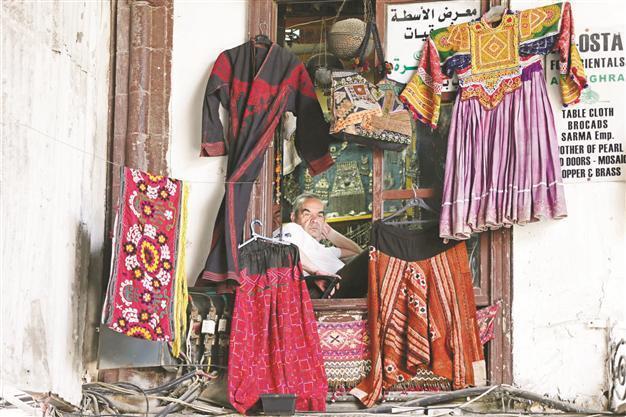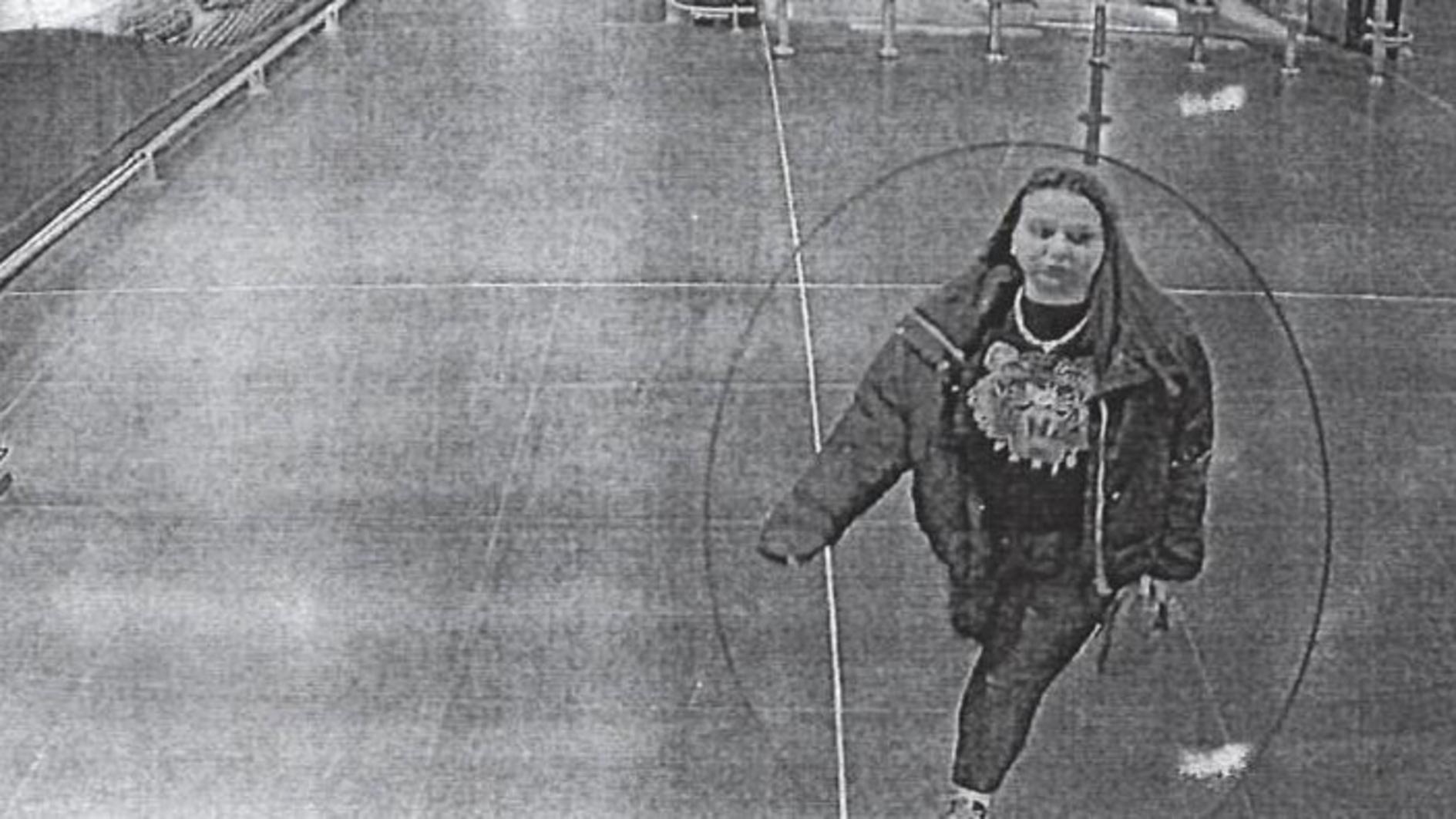Syrian economy moves underground amid unrest
ÖNCÜPINAR /LONDON - Reuters

As large global companies drag their feet about engaging in business with Syria, trade between the Turkish port of Mersin and Syria has exploded. AP photo
Every day, hundreds of trucks piled high with goods ranging from cooking oil to cement and nappies form queues stretching for miles at Turkey’s province of Öncüpınar, now a bustling hub for trade with Syria.The scenes being played out along the frontier are part of a broader shift in patterns of trade with Syria, where the conflict now in its third year presents growing opportunities for those willing to take the risks.
“The chaotic situation in Syria, with decreasing central control over the economy, has provided new opportunities for those foreign traders that do not have established links to the regime,” said Torbjorn Soltvedt of risk consultancy Maplecroft.
The worsening conflict and increasing payment problems that suppliers face in deals with Syria mean big international companies are increasingly wary of the trade.
“What we are seeing is the emergence of the smaller companies who are driving this trade now,” a European based shipping source said.
“Ship owners do not want to take the insurance risk of bringing in ships to Syria. What we are seeing is suppliers delivering goods to ports like Turkey’s Mersin and then local companies handle it from there.”
Local price rise
A shipping agent in Mersin said the trade with Syria was causing local prices to rise, with potatoes now five times their normal price.
“I have been working here for decades and I can tell you there was no proper trade from Mersin to Syria. Since the war, it has exploded and it’s like a new line of business is open.”
At current market prices, a cargo of wheat sold to Syria carries a 10 percent premium above normal market rates, meaning millions of dollars can be made by local traders, assuming they can secure payment.
“Direct trading is a high stakes game and not for the faint hearted. It will increasingly be driven by people with direct contacts on the Syrian side who are willing to pay even if it means in cash,” another European trade source said.
















